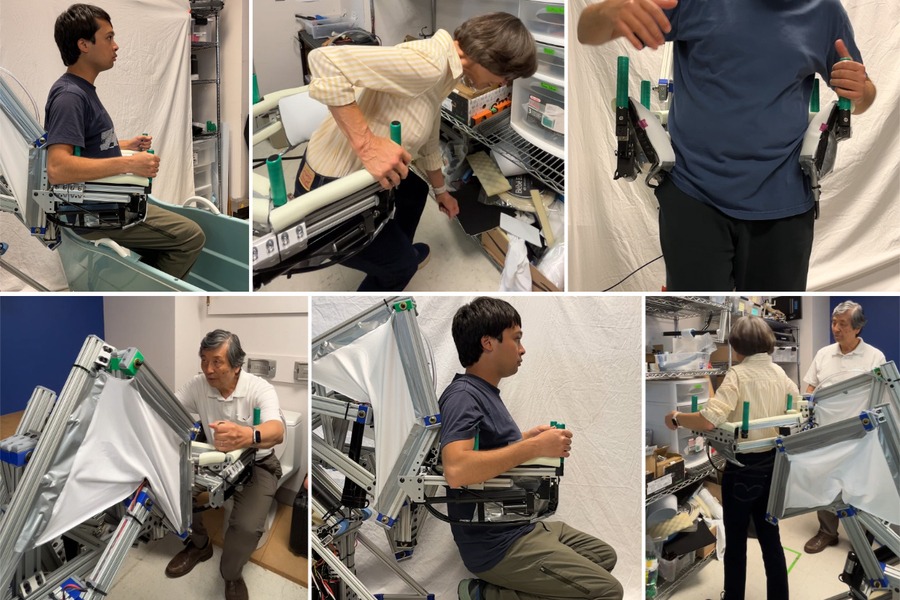In a significant breakthrough for technology for eldercare, MIT engineers have unveiled the Elderly Bodily Assistance Robot (E-BAR), a mobile robot that helps older individuals with their daily movements while also reducing the risk of potentially fatal falls.
Released on May 13, 2025, E-BAR is designed to render physical assistance for routine activities such as sitting, standing, and walking, but also to catch an individual before they hit the ground — the first of its kind to have this feature. The robot has enhanced sensors, AI-driven motion anticipation, and adaptive actuators that respond to a user’s posture and equilibrium in real time.
With the population around the globe rapidly getting older, E-BAR fills a pressing gap in eldercare. Falls rank second among accidental causes of death worldwide, most commonly occurring in people over the age of 65, the World Health Organization reports. MIT’s technology is designed to provide both protection and autonomy, enabling older people to stay at home for longer while minimizing the need for full-time caregivers.
It functions independently, moving about home spaces in close contact with the user. It can sense shifts in movement, softly assist transitions from standing to sitting, and respond within milliseconds in the case of a potential fall.
This advance is a significant step towards the incorporation of robotics and artificial intelligence in empathetic healthcare. The MIT researchers see future generations of E-BAR going to nursing homes, hospitals, even private homes, enhancing the well-being of millions of older individuals around the world.
As AI increasingly becomes more than just a tool for digitizing tasks, solutions like E-BAR show how cognitive systems can provide tangible, people-oriented value, not only in ease but also in dignity and support for daily living.

